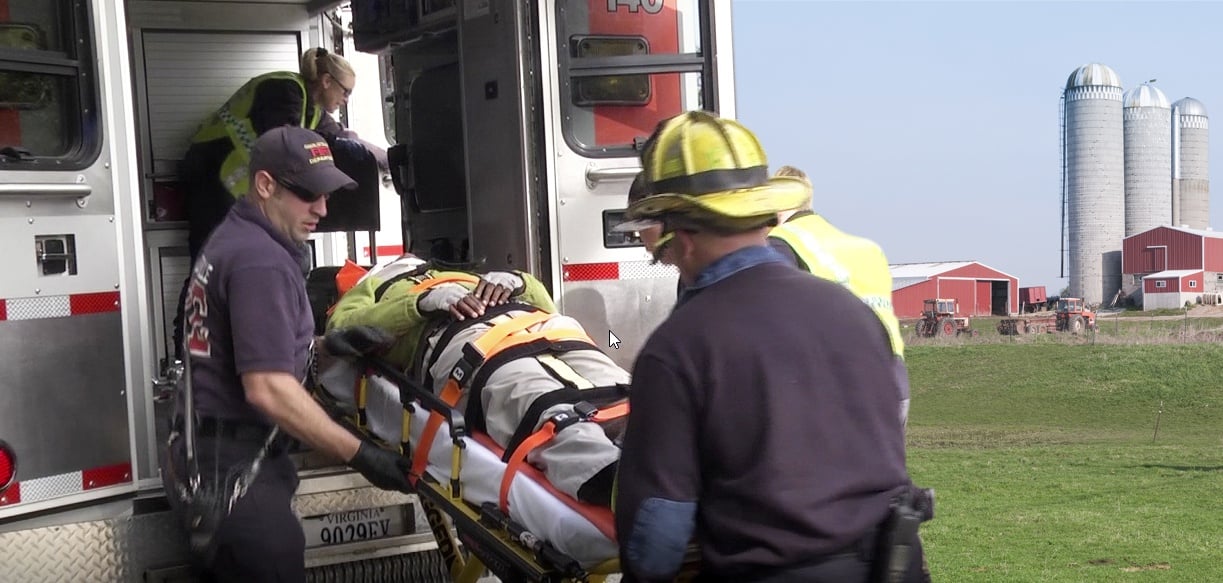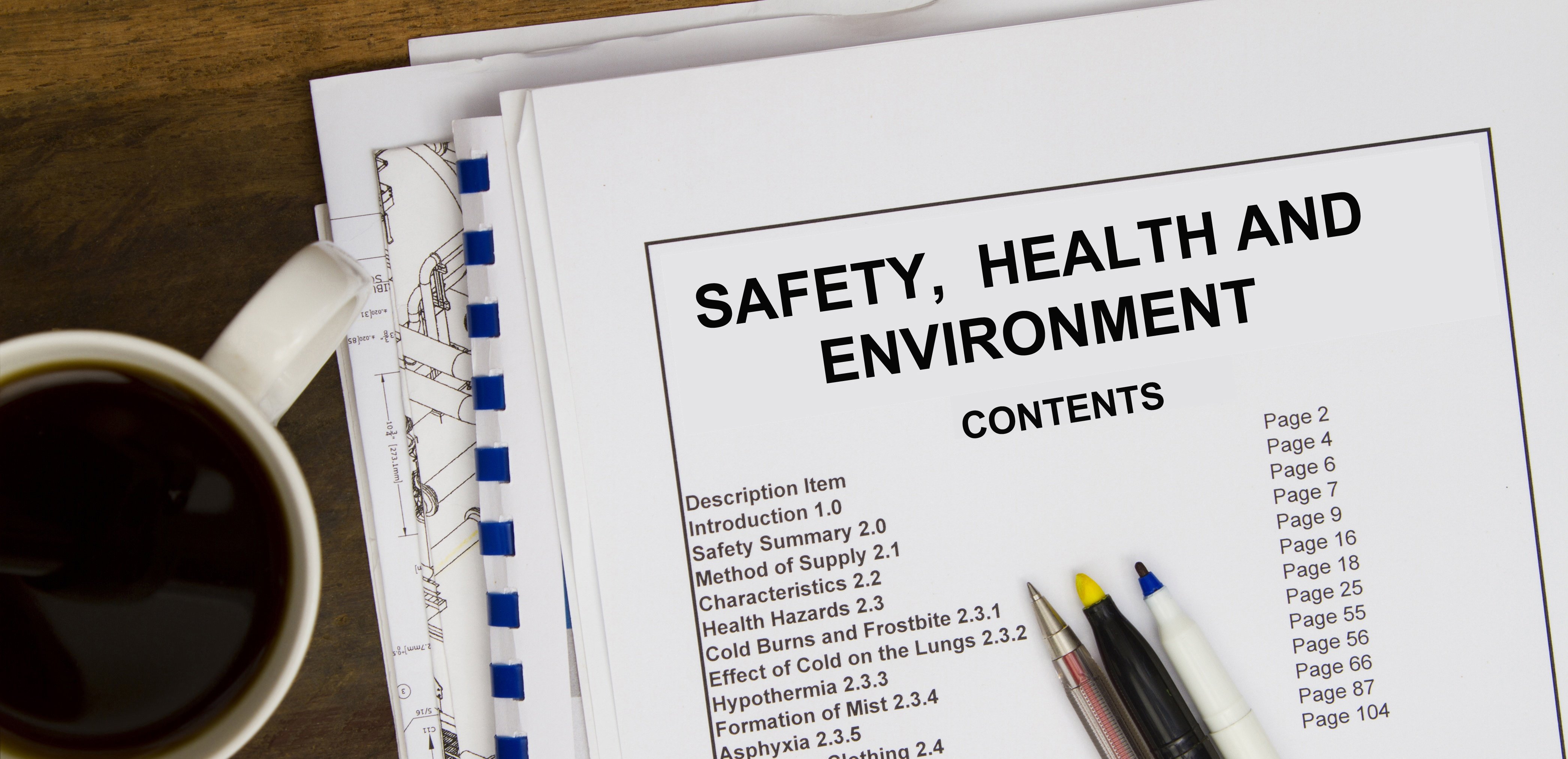Farming is one of the most rewarding professions, but it also comes with unique risks. From unpredictable weather to equipment malfunctions, the potential for an emergency is always present. Having a clear, well-documented Emergency Action Plan (EAP) is not just a good idea—it's a critical tool for protecting your people, your animals, and your livelihood. An effective plan can turn a potential catastrophe into a managed incident.
Topics: emergency action plan, Fire Safety
Having a crisis communication plan is essential for the long-term health of your business. A very brief definition for a crisis is anything that threatens the reputation of your business. As the saying goes; "it’s not of matter of if, it’s a matter of when" you’ll have a crisis to deal with says Steve Richardson of the Brighton Agency.
Topics: emergency action plan
By now you should have already developed an Emergency Action Plan (EAP) for your operation. Your EAP probably includes instructions on how to handle emergencies involving your operation’s day-to-day functions and activities: chemical leaks and spills, fires, use of personal protective equipment, confined spaces – just to name a few.
Topics: emergency action plan, fire
It’s no secret that agriculture is one of the most dangerous industries in the world and that emergencies can happen any time. Unfortunately, emergency responders may not always be familiar with ag operations, meaning that rescues and treatment of injured employees may take much longer than normal. Precious minutes could easily be lost while responders determine the best way to get a trapped or injured employee to safety and treatment. Having an emergency action plan (EAP) in place for your operation can literally mean the difference between life and death in an emergency situation.
Topics: emergency action plan
By now you should have already developed an Emergency Action Plan (EAP) for your operation. Your EAP probably includes instructions on how to handle emergencies involving your operation’s day-to-day functions and activities: chemical leaks and spills, fires, use of personal protective equipment, confined spaces – just to name a few.
Topics: emergency action plan, fire
It’s no secret that agriculture is one of the most dangerous industries in the world and that emergencies can happen any time. Unfortunately, emergency responders may not always be familiar with ag operations, meaning that rescues and treatment of injured employees may take much longer than normal. Precious minutes could easily be lost while responders determine the best way to get a trapped or injured employee to safety and treatment. Having an emergency action plan (EAP) in place for your operation can literally mean the difference between life and death in an emergency situation.
Topics: emergency action plan






